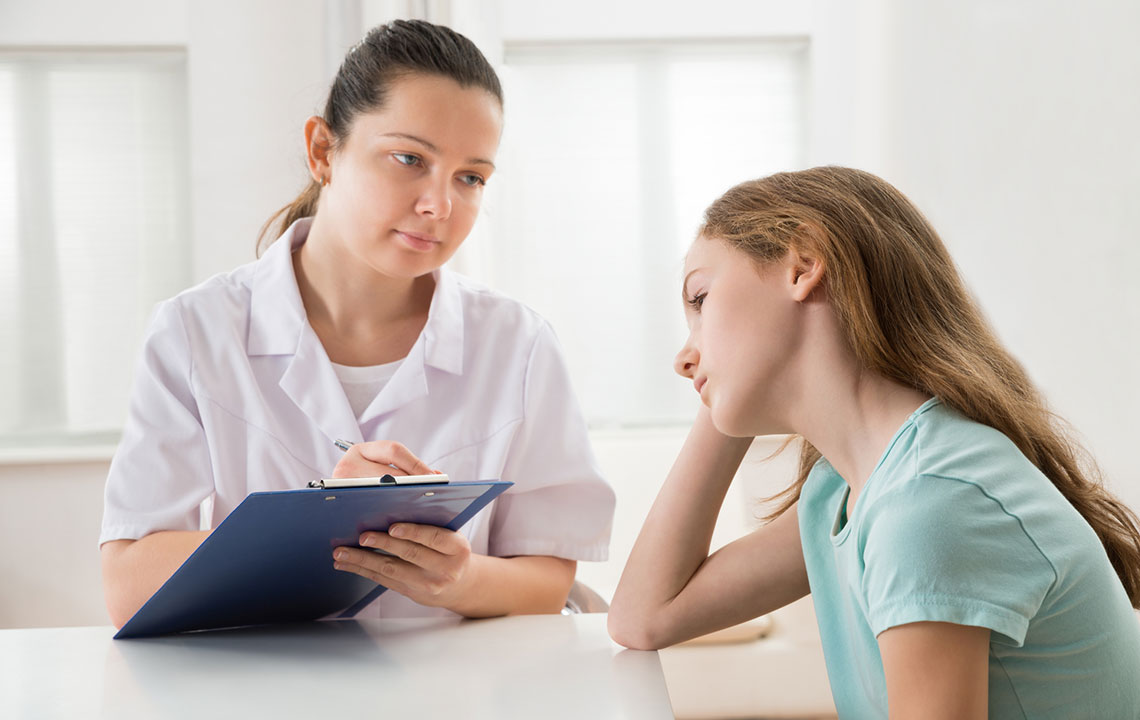Effective Therapies Followed at Depression Treatment Centers
Depression can be caused by a combination of reasons. The factors that cause depression can be genetic, psychological, biological, or even environmental. The theory that depression is caused by an imbalance of chemicals or neurotransmitters in the brain has been difficult to prove, and the MRI’s of people suffering from depression appears different from those without depression. This cannot, however, explain why the person is undergoing depression or how it can be diagnosed.

Scientists are still researching in order to find out what causes depression. Although certain genes may be responsible for causing depression, as it is known to run in some families, this cannot be said to be the only cause as people without a family history of depression also seem to suffer from it.
Sometimes a depressive event in life can trigger a depressive episode. Certain trauma that may cause depression could include the loss of a loved one, relationship issues, stress, drug or alcohol abuse, certain medical conditions, and even certain medicines. There is, unfortunately, no established cure for depression. But there are certain therapies that are practiced in many depression treatment centers that can help patients suffering from depression.
Let’s take a look at some of the most effective therapies that are followed widely in depression treatment centers:
Cognitive Behavioral Therapy (CBT)
This is an effective form of talk therapy that is used in order to treat depression. Basically, the concept of CBT is that a person’s mood is directly related to the way in which he/she thinks.
CBT’s primary aim is that it helps the patient to block out negative thoughts while becoming more aware of their symptoms. It aids the patient in recognizing triggers that makes their depression worse, thereby helping them to avoid them. CBT sets itself apart from other therapies by focusing on cognitive restructuring and behavioral activation that it adopts.
With CBT the patient’s thinking patterns are changed or rewired — this is done through joint efforts of both the patient and the therapist. By participating in activities that are quite enjoyable, the patient then learns to overcome obstacles that may be responsible for triggering his/her signs of depression.
As CBT is goal-oriented, educational, and proactive, it is widely practiced in most depression treatment centers. A positive aspect about CBT is that the patient is expected to play an active role in the treatment. It focuses on the patient’s specific problems, thus finding ways by which they can be solved.
The various strategies utilized by CBT includes role-playing, Socratic questioning, imagery, behavioral experiments, and guided discovery. Each session of this therapy has a specific duration, and it can last from anywhere between 14 to 16 weeks.
Medically assisted depression treatments
As short-term depression treatments don’t necessarily work for everyone, sometimes medication is required to relieve depression symptoms. Medically assisted treatment makes use of antidepressants in order to treat depression.
The imbalance of the chemicals in the brain is brought back into balance by the administration of antidepressants. This can definitely help relieve the symptoms of depression, but it is crucial to inform the patient’s healthcare provider if he/she is on any other medication.
Psychotherapy
Psychotherapy is used to come to terms with the underlying issues that may be the cause of the patient’s thoughts and emotions. This use of psychological methods can help the patient to change his/her behavior and overcome problems.
The main aim of psychotherapy is to improve the patient’s well-being and mental health. It also helps to improve a person’s relationships and social skills. Psychotherapy is often evidence-based, and hence it helps in the treatment of depression and used in many depression treatment centers.
Group therapy
As the name suggests, group therapy is where the patient is encouraged to share his/her problems with others going through a similar situation.
Electroconvulsive therapy (ECT)
ECT was formerly referred to as electroshock therapy. This therapy implements the use of electrically induced seizures for a therapeutic effect particularly for patients suffering from severe depression or suicidal thoughts. Although this therapy is often misunderstood as a very harsh and cruel treatment, it can be life-saving.
ECT is known to work very quickly and is quite effective. A major drawback, however, is that the effects of ECT don’t last long and further treatment is most likely necessary. It must also be noted that ECT is never used on someone who does not consent to it.
Light therapy
Light therapy is used in depression treatment centers to alleviate depression in patients during winter.
It must be noted that sometimes depression can be treated simply by a change of diet, getting enough exercise and sleep, or by making other lifestyle changes.

